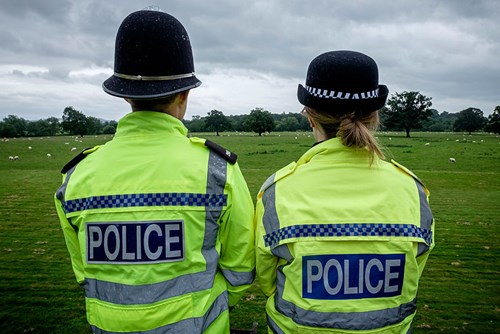Mental Health Absences “Not Surprising”
16 October 2020

New national figures that show that nearly 10,000 police officers had to take time off for mental health in the past year are “certainly not surprising”, Cumbria Police Federation has said.
A Freedom of Information request by Police Oracle showed that 9,874 officers had taken time off due to stress, depression, anxiety and post-traumatic stress disorder (PTSD) in the financial year 2019/20, but the figure is likely to be even higher as five forces did not respond. Eighty-six Cumbria Police officers were signed off due to psychological problems during this period.
Cumbria Police Federation Chair Paul Williams said: “It’s certainly not surprising, it’s certainly something I expected. I think a lot of this isn’t necessarily COVID-related – a lot of it is related to the decade of cuts to numbers of police officers.
“The demand’s risen and crime has gone up, yet policing has gone down and cops are run into the ground. And that’s causing a lot of mental health issues. There’s a more complex way of policing now and that’s having an effect on cops’ mental health.
“What we’re seeing now is the results of the drip effect – this has been going on for quite some time, where cops haven’t been talking about it and then all of a sudden it hits them like a hammer and they’re signed off.
“So the damage has been done before they’re admitting that they’re broken. We’re trying to play catch-up. The Federation offers services to try to look after cops, but it’s about catching it early, and unfortunately we’re seeing the results of a decade of real strain on policing.”
Chief Police officers acknowledge that, during their careers, each officer is likely to encounter between 400 to 600 traumatic events. Most citizens will experience between three or four in their lifetime.
This is the seventh year Police Oracle has run the survey, and there’s been a 57% rise in officers being signed off for mental health reasons over that time. But police chiefs say it’s a positive step that more officers are asking for help and say that there’s now less of a stigma around mental health.
Andy Rhodes, NPCC Lead for Organisational Development and Wellbeing and Chief Constable of Lancashire Police, said that mental health was becoming less of a stigma in the police.
But he said: “The service needs to gear up its provision so that when you do stick your hand up and say you’re struggling, you’re going to get the support you’ve been promised. That unmet need is still significant. And in some forces it's causing pressure on their occupational health to be able to provide the levels of service that are required.”



















